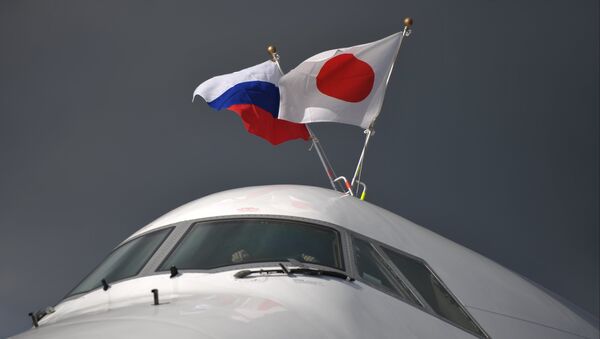“There are two types of Japanese companies we are working with. First, these are longtime partners such as Mitsui, Mitsubishi, Marubeni, Sumimoto, Itochu, Sojitz and Toyota Tsusho. Secondly, there are companies with no previous history of working with Russia, mostly medium-size production firms with unique technologies," Sergei Yegorov, Russia's trade representative in Japan, said.
However, after the introduction of Western sanctions against Russia, many of these companies backed off, he added.
Still, examples of Japanese businesses mulling joint ventures in Russia, are too many to ignore. A high-powered delegation led by a senior Agriculture Ministry official recently visited Russia’s far eastern Primorye region for talks on increasing Russian grain exports to Japan, the creation of farming and fish-processing joint ventures and the construction of modern refrigerators for them.
A sister company of Tosei Co.LTD is seeking a share in the construction of a fully automated coal unloading line in the Free Port of Vladivostok wherefrom the coal will be sent to Japan and further on to Asia and the Pacific. Its annual capacity is projected at 20 million tons.
During a recent visit to Magadan region a representative of Japan Oil, Gas and Metals National Corporation, Horiguchi Sinya, who came at the head of a delegation of Japanese businessmen, said that the Japanese government was ready to finance geological prospecting for and development of Russia’s mineral wealth.
“We are looking for capable partners we could work with, including in Magadan region,” he said.
Sergei Yegorov said that energy was the centerpiece of Russia's cooperation with Japan, at least for the next decade. Apart from the traditional hydrocarbons, this partnership could be expanded to also include joint projects in liquefied gas, biofuel and hydrogen power generation.
RAO Energy Systems of the East, RusHydro and Kawasaki have already signed a memorandum on the joint production of liquefied production in Magadan region.



